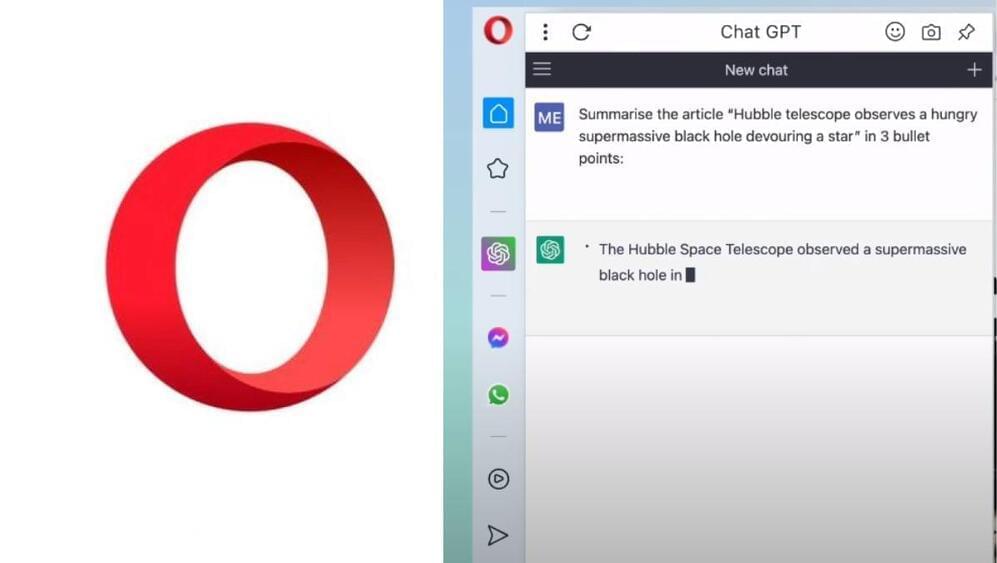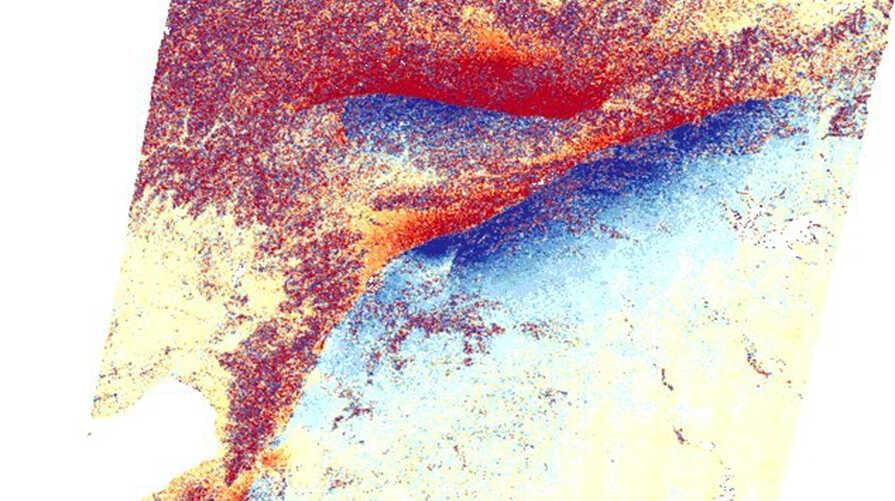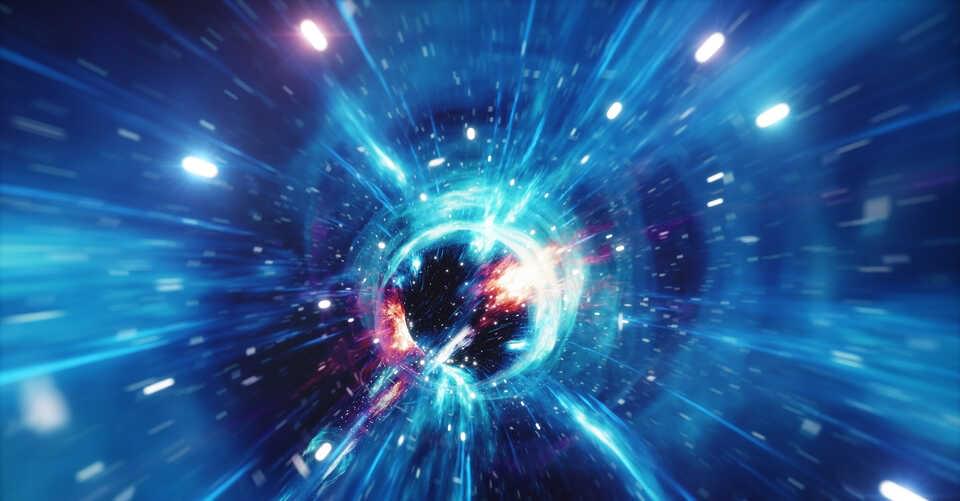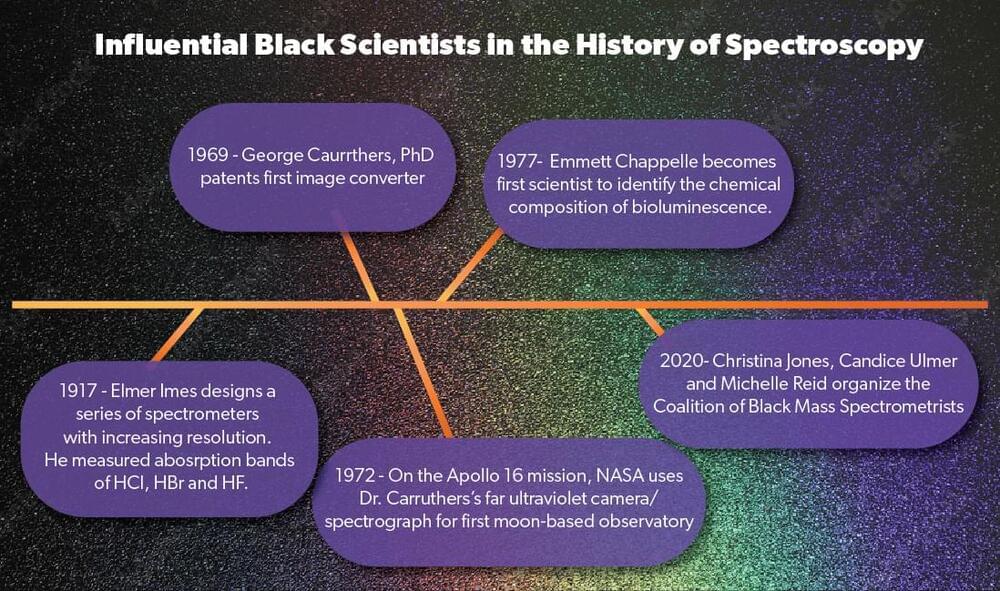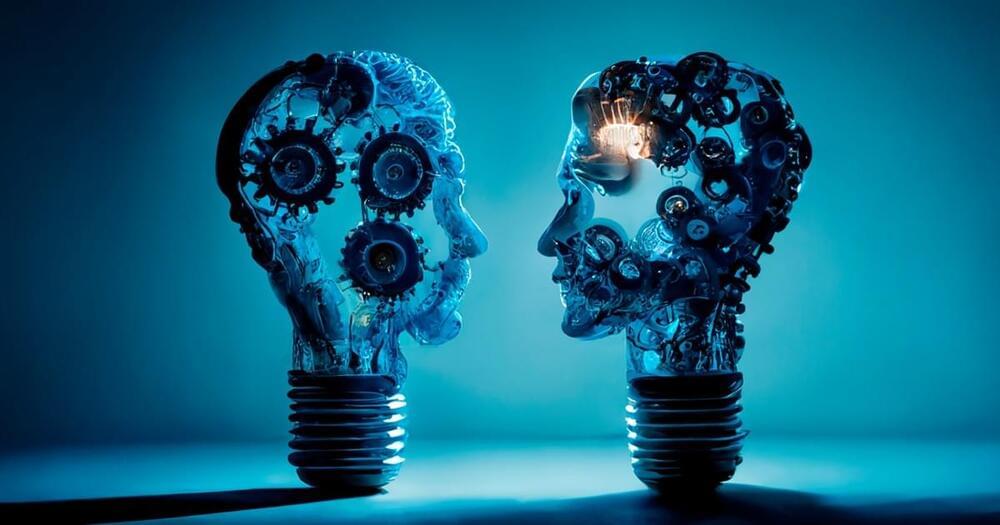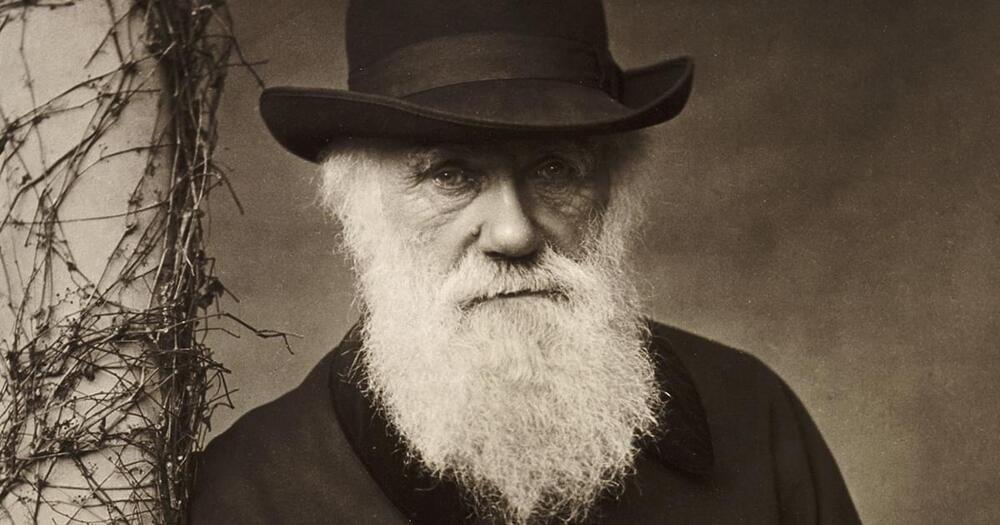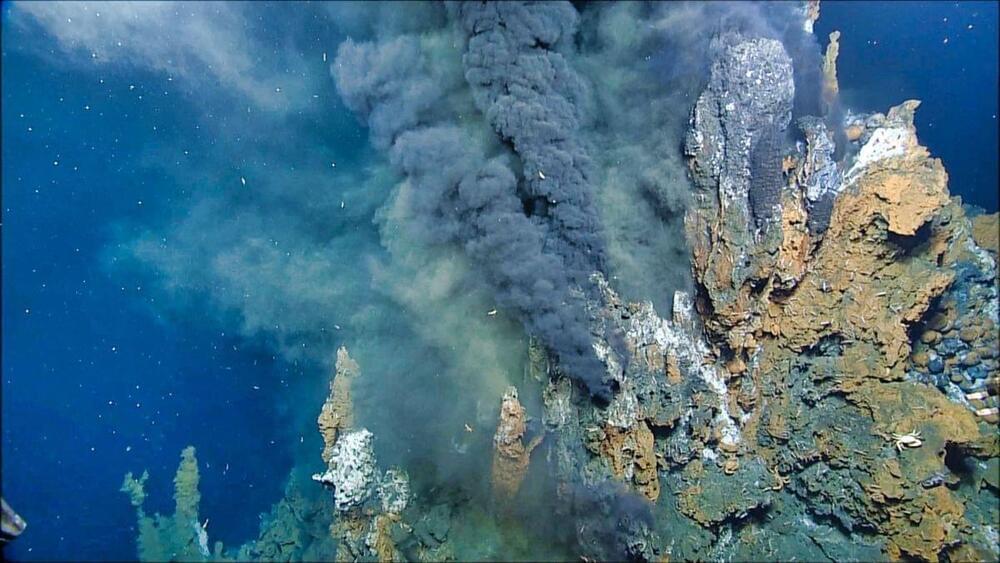Feb 12, 2023
After Google and Microsoft, Opera jumps in the AI race
Posted by Daniel Sunday in categories: internet, robotics/AI
Opera announced a new feature that will be added to its browser’s sidebar. Called ‘shorten’, the tool is a ChatGPT-powered tool that can be used to generate summaries of webpages and articles. The blog also displays a short demo video that gives us a glimpse of how ChatGPT will be integrated in the browser.
Song Lin, Co-CEO of Opera, said in the blog post, “In more than 25 years of our company’s history, we have always been at the forefront of browser innovation. Whether inventing browser tabs or providing our users with built-in access to generative AI tools, we always push the limits of what’s possible on the web. Following the mass interest in generative AI tools, we believe it’s now time for browsers to step up and become the gateway to an AI-powered web”.
